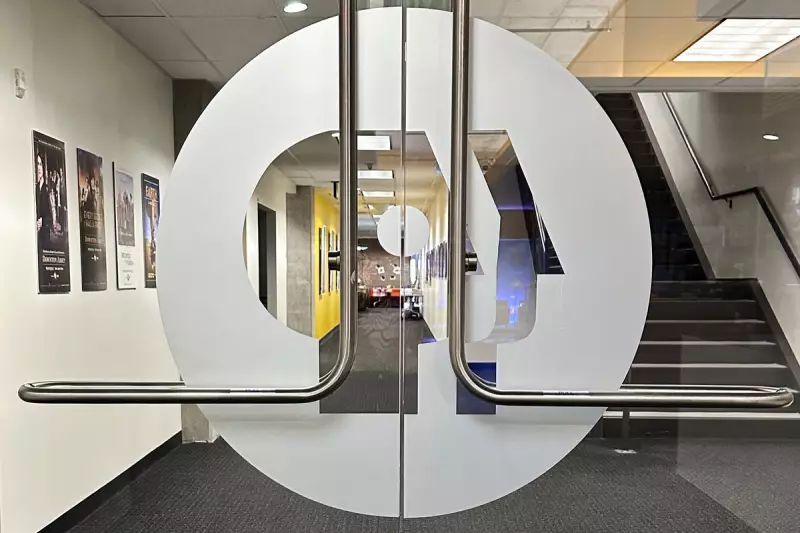
In a move that has sent shockwaves through the American media landscape, former President Donald Trump has declared a new front in his protracted war on what he terms 'liberal media'. Taking to his Truth Social platform, the Republican presumptive nominee vowed to eliminate all federal funding for National Public Radio (NPR) and the Public Broadcasting Service (PBS) should he reclaim the White House in November.
The threat targets two of the United States' most established public service broadcasters, institutions that have long been revered for their in-depth journalism and educational programming, from PBS's flagship news programme PBS NewsHour to beloved children's shows like Sesame Street.
A Long-Standing Grievance
This is not a new battle for Trump. His administration previously proposed similar cuts during his first term, but these were consistently blocked by Congress. His latest declaration significantly escalates his rhetoric, framing the defunding as a definitive campaign promise rather than a budgetary suggestion.
The funding in question flows primarily through the Corporation for Public Broadcasting (CPB), which distributes federal appropriations to hundreds of local NPR and PBS member stations across the country. For many rural stations, this funding constitutes a vital financial lifeline.
The Reaction and The Ramifications
The announcement was swiftly condemned by media advocacy groups and supporters of public broadcasting. Critics argue that pulling this funding would create news deserts in underserved communities, limit access to educational content, and severely damage the infrastructure of non-commercial media in the US.
Supporters of the move applaud it as a necessary step to defund what they perceive as biased institutions, a sentiment heavily promoted by Trump and his allies. The pledge underscores a key theme of his 2024 campaign: a promise to aggressively wield federal power to target opponents and reshape key American institutions.
This policy promise sets the stage for a fierce political battle, ensuring that the future of public broadcasting will become a contentious issue on the campaign trail.





